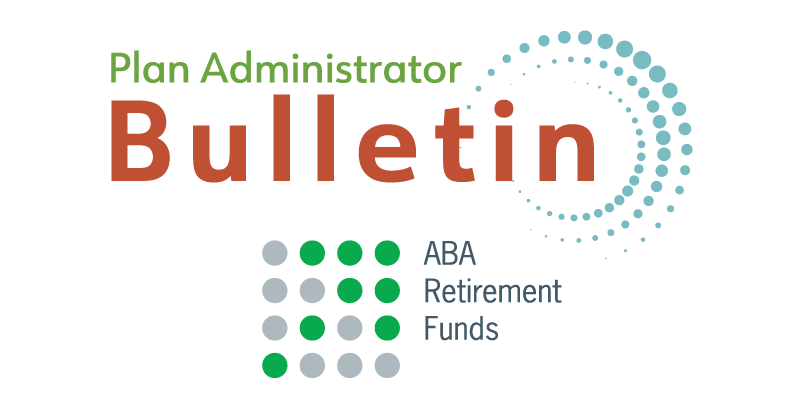Below are the Cost of Living Adjustments and Contribution Limits issued by the IRS for 2023. Please note, a number of the contribution limits have changed from 2022.
|
2023 Limits* (for administration purposes) |
2022 Limits (for testing purposes) |
|
|
401(k) plans elective deferral contribution |
$22,500 |
$20,500 |
|
401(k) plans age 50 and older catch-up contribution |
$7,5001 |
$6,5001 |
|
SIMPLE 401(k) plans deferral contribution |
$15,500 |
$14,000 |
|
SIMPLE 401(k) plans catch-up contribution |
$3,500 |
$3,000 |
|
Total contributions for all plans (employee and employer) and forfeitures/reallocations (but excluding catch-up contributions, if any) |
$66,000 |
$61,000 |
|
Highly compensated employee (HCE)2 threshold |
$150,000 |
$135,000 |
|
Qualified plan maximum compensation |
$330,000 |
$305,000 |
|
Social Security taxable wage base |
$160,200 |
$147,000 |
You can also download the full list of changes and updates here.
Source: https://www.irs.gov/retirement-plans/plan-participant-employee/retirement-topics-401k-and-profit-sharing-plan-contribution-limits
-
Represents the additional contribution limit for participants who are age 50 and older, once other contribution limits, such as 401(k) plan elective deferral contribution limit, the ADP testing limit or the annual additions limit, have been met. If the ADP test is failed, a portion of a Highly Compensated Employee’s (an “HCE’s”) elective deferrals may, under certain circumstances, be treated as catch-up contributions.
-
HCEs are generally those with:
-
Greater than 5% ownership in the firm during the plan year being tested or preceding year (in general, an individual is treated as owning any interest that is owned by his/her spouse, children, grandchildren or parents), or
-
Compensation in excess of $150,000, as indexed (for calendar year plans) in the plan year preceding the plan year that is being tested.
-


